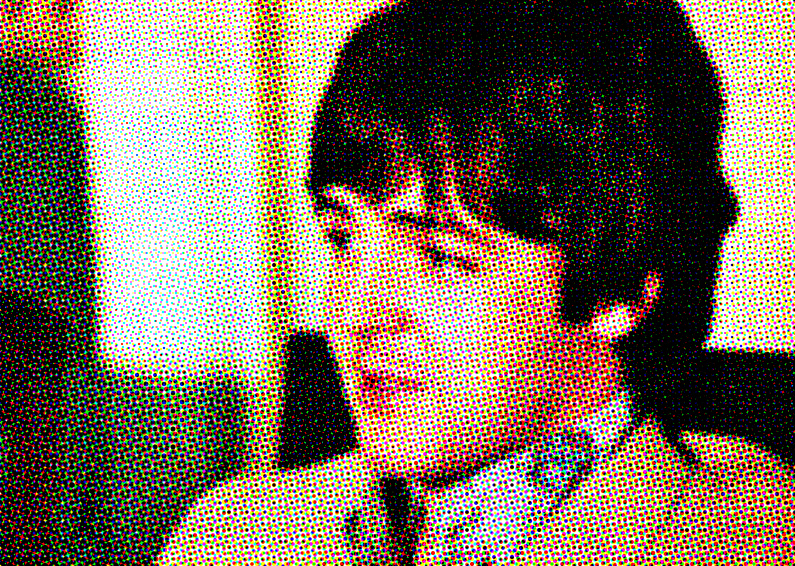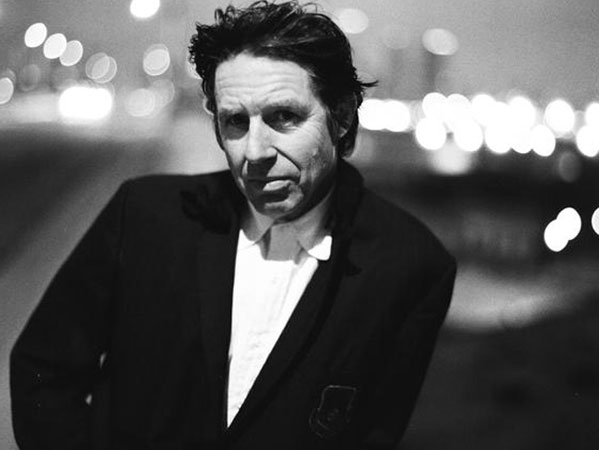Having finally gotten around to reading Sam Harris‘ The End of Faith, I was surprised to discover a lengthy digression on torture as relates to the prosecution of what we still called, in those benighted days, the War on Terror.
It would be inaccurate, I think, to say that Harris stood in favor of torture as such. However, he did argue powerfully that our revulsion to torture is essentially hypocritical, extending as it does from a sort of moral blind spot. Harris’ argument is too lengthy to quote directly, so I will summarize it as fairly as I can.
- We are resigned to what we call in warfare “collateral damage,” meaning the unintended destruction of non-military targets and the injury and death of civilians.
- The toll in pain and death exacted by collateral damage is as gruesome as that of any other wartime horror: men, women and children are blinded, crippled, mutilated or killed, or suffer thirst, starvation and sickness in the wake of attacks that destroy local infrastructure and services.
- The pain and suffering of the collaterally damaged is, in fact, qualitatively of little to no difference to that suffered under torture.
- The preceding premises being true, one cannot morally object to one but not the other; anyone willing to accept collateral damage in wartime has no basis from which to declaim torture as immoral.
Harris made this argument to illustrate the limitations and biases inherent in our moral reasoning, particularly the human tendency to respond to individual suffering while remaining relatively unmoved by the suffering of a great many people. There is a component of torture — perhaps the way in which it is reducible in our imaginations to a dichotomy of victim and tormentor, the latter holding the former utterly in his power — that seems immediate and visceral. Yet Harris, while admitting even he found his own conclusions unsettling, was not simply arguing as the devil’s advocate. Those who have read The End of Faith will know that Harris has a very large axe to grind against Islamic fundamentalism; unlike most thinkers of essentially leftist bent, Harris has no compunction about denouncing Islam as a religion of ignorance, hatred and cruelty, nor does he balk at describing its war on the West in essentially neoconservative terms: that is, as a clash of civilizations, a zero-sum game in which compromise or rapprochement is out of the question.
As a person repulsed by the torture that has been carried out by my government ostensibly on my behalf, I was brought up short by Harris’ arguments. Had I been too quick to give in to my instinctive reaction of horror and outrage? How can one argue with any conviction that slamming a man’s head repeatedly into a wall is worse than, say, burning a little girl with napalm while denuding the forests surrounding her village? Is one of these things really worse than the other? Continue reading


